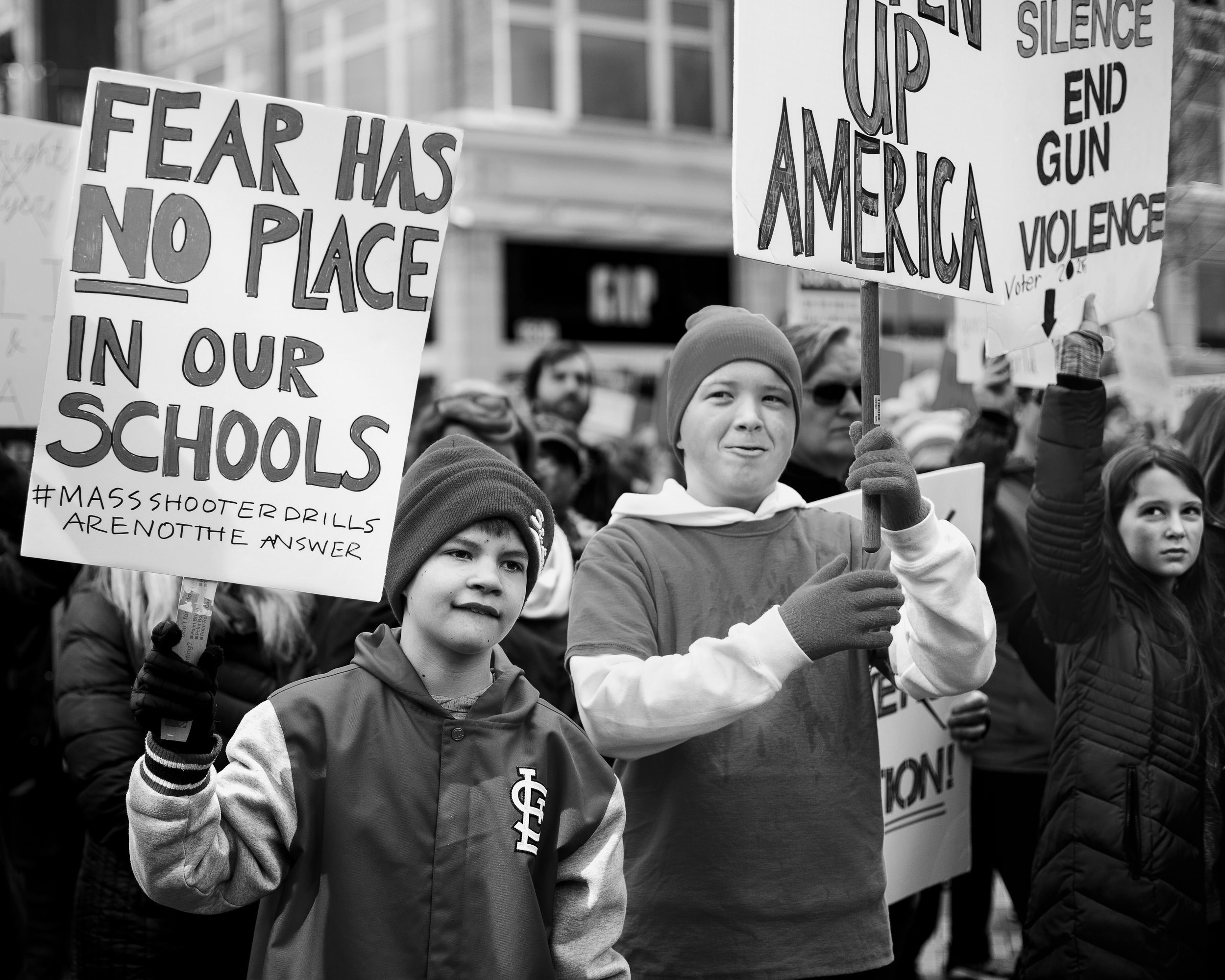The studio is incredibly small and cramped, barely able to accommodate the incredible collection of books, art, supplies, and various mementos even before the 20 or so of us crowd in, but its appeal is instantaneous, intoxicating. Joska Skalník's studio is something out of an iconic movie or a beloved novel or, perhaps, my dreams. The wall in front to me is covered floor to ceiling in shelves, maybe 12 feet high, stuffed full of layers of books and photographs and pieces of art, collected items from decades of living. I’m squeezed behind a table covered in paints and brushes and examples of his work, and I’m terrified to touch anything, to disturb the beauty of the room, to disturb its incredible history.
This is the room where Vaclav Havel hid before addressing the crowds at Wenceslas Square during the Velvet Revolution. They were friends, he and Joska, artists and politicians and historians and rebels, just like Milos, just like countless others. I try to imagine the first democratically elected president of the Czech Republic hanging out here amongst the books and the art, but it’s a hard image to conjure up, a heavy thought to process, and I struggle to fully appreciate the magnitude of this country’s history that I’m encountering.
It was raining all the while we chased after Joska and Milos around the city, but the rain has died away now that we’re inside and the cool air is coming in through the large, sloping windows as we listen to the artist talk. They make a funny pair, Joska with his wild white hair and his big white beard, and Milos with his shiny bald head and astounding energy, and they seem to be perfectly at home in this room, an integral part of its structure. Joska is telling us about his art while Milos translates, but Milos is talking quickly as usual and they keep getting lost in their own conversation in Czech, words we aren’t privy too with our limited tourist edition of the language, and my mind starts to wander. I look out the windows at the treetops that fall just below this attic room, at the rooftops in the distance. A collection of glass bottles sits in a line on the windowsill, all different shades of blue, and I’m mesmerized by the shape they make together, like a wave that is flowing through the room.
Joska grows tired of talking about art and history, about communism, and asks us what we think about the legalization of marijuana in America. Prague apparently has a pretty lenient position on the subject that basically comes down to don’t get caught, and he tells us there’s a cop around the corner who will sell you pot if you ask. Someone asks if he has any books for sale and, yes, he does, and we want one, all of us, but most of us don’t have the crowns or the room in our suitcase. And then because he’s an angel disguised as Santa Clause disguised as a communist hating, president hiding, Czech artist, he pulls out a package of postcards of his work that we can have for free. I pick out three from the pile, beautiful, surreal collages in the same shades of blue as the bottles on the windowsill. He signs the back of mine, tells me he likes my name, and then poses with a pipe and a “legaizace” sticker while someone takes a photo.

















































